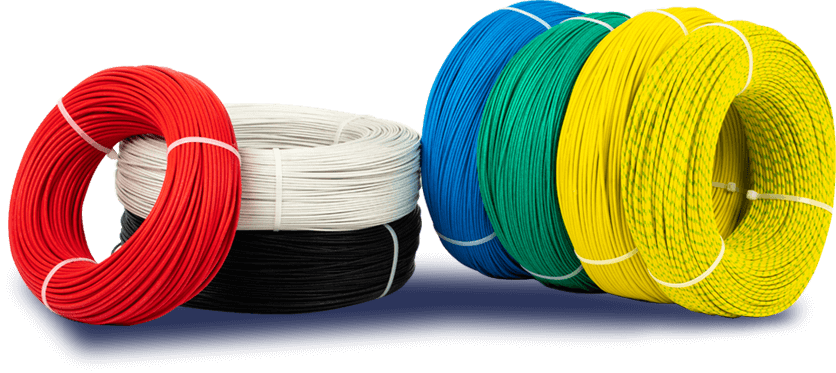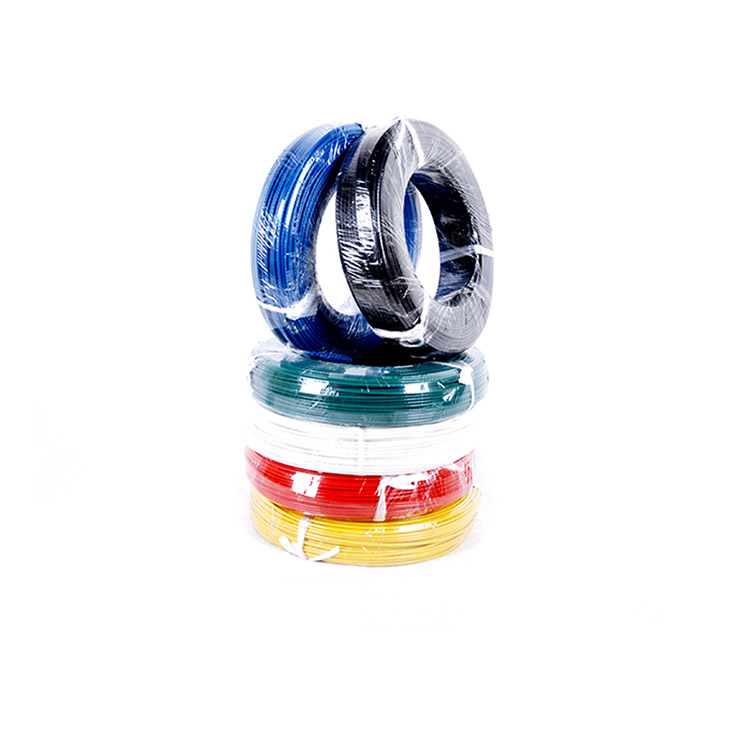
The Basics of Electric Wire: A Comprehensive Guide for Electrical Professionals
- Classification:Industry News
- Author:
- Origin:
- Release time:2024-02-03
- Views:0
(Summary description)Discover the essential information about electric wire and cables in the electrical industry. This comprehensive guide provides professional electricians with valuable knowledge on various types of el
The Basics of Electric Wire: A Comprehensive Guide for Electrical Professionals
(Summary description)Discover the essential information about electric wire and cables in the electrical industry. This comprehensive guide provides professional electricians with valuable knowledge on various types of el
- Classification:Industry News
- Author:
- Origin:
- Release time:2024-02-03
- Views:0
Electric wire is a fundamental component in the electrical industry, serving as a crucial means of transmitting electricity from one point to another. This comprehensive guide aims to equip electrical professionals with essential information on electric wire, including its types, properties, and applications.
1. Types of Electric Wire:
Electric wire comes in various types, each designed for specific applications. Some common types include:
- Non-metallic sheathed cable (NM): Used primarily for residential wiring, NM cable consists of insulated wires bundled together with a protective plastic covering.
- Underground feeder cable (UF): Suitable for outdoor applications, UF cable is designed to withstand moisture and can be directly buried underground.
- Armored cable (AC): Featuring a metal outer covering, AC cable provides enhanced protection against physical damage and is commonly used in commercial and industrial settings.
- Coaxial cable: Utilized for transmitting high-frequency signals, coaxial cable is commonly used in television and internet connections.
2. Properties of Electric Wire:
Electric wire possesses several important properties that determine its suitability for specific applications. These properties include:
- Voltage rating: Electric wire is designed to withstand specific voltage levels, ensuring safe and efficient electrical transmission.
- Ampacity: This refers to the maximum current-carrying capacity of a wire without exceeding its temperature rating.
- Insulation material: Different types of insulation, such as polyvinyl chloride (PVC) or thermoplastic high heat-resistant nylon (THHN), provide varying levels of protection against electrical shocks and environmental factors.
- Conductor material: Copper and aluminum are commonly used as conductors in electric wire, each offering distinct advantages and suitability for different applications.
3. Applications of Electric Wire:
Electric wire finds extensive use in various electrical applications, including:
- Residential wiring: Electric wire is crucial for powering residential buildings, connecting appliances, lighting fixtures, and electrical outlets.
- Commercial and industrial wiring: In commercial and industrial settings, electric wire is used to supply power to machinery, lighting systems, and electrical panels.
- Telecommunications: Coaxial cables play a vital role in transmitting television and internet signals.
- Renewable energy systems: Electric wire is essential for connecting solar panels, wind turbines, and other renewable energy sources to the electrical grid.
Conclusion:
Understanding the basics of electric wire is essential for electrical professionals working in the field. By knowing the different types of electric wire, their properties, and applications, professionals can effectively select and install the appropriate wire for various electrical projects, ensuring safety, efficiency, and reliable electrical transmission.
Scan the QR code to read on your phone
Recommended news
TELL US ABOUT YOUR
WIRE & CABLE NEEDS

智能分站
CONTACT US
ADD:Zhuyang industrial zone, Chengdong
Street, Yueqing, Zhejiang, China
TEL:+86-577-61600670 +8618358703175
E-MAIL:wrlong@wrlong.com

ZHEJIANG WRLONG HIGH TEMPERATURE WIRE & CABLE CO.,LTD 浙ICP备10044052号-3 浙公网安备 33038202003750号 SEO
MESSAGES










